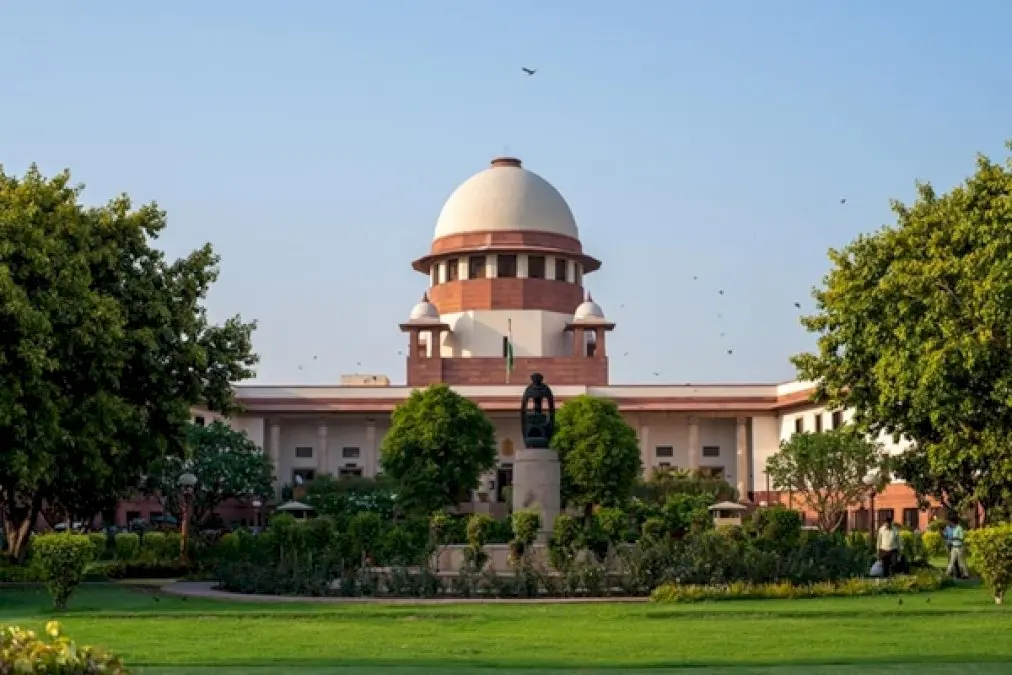The Supreme Court of India today rejected the pleas seeking 100 percent cross-verification of Electronic Voting Machines (EVMs) data with Voter Verifiable Paper Audit Trail (VVPAT) records. The verdict was delivered by a bench of Justices Sanjiv Khanna and Dipankar Datta. Though the cases were reserved for orders on April 18, they were listed again on April 24 as the Bench wanted some technical clarifications from the Election Commission. Taking into consideration the answers given by Election Commission, the orders were pronounced today.
Referring to the conclusion of the judgments, Justice Khanna said that the prayers for reverting back to ballot paper voting, complete EVM-VVPAT verification and giving VVPAT slips to voters have been rejected. The Apex Court, however, passed two directions for the Election Commission. The court said that after symbols are loaded into an EVM, the Symbol Loading Unit (SLU)should be sealed and secured in containers. The candidates and their representatives shall sign the seal. The sealed containers shall be kept in the store rooms along with the EVMs at least for 45 days post the declaration of results. They should be opened and sealed like EVMs.
And the other direction says that the burnt memory semi controller in 5 percent of the EVMs that is the Control Unit, Ballot Unit and the VVPAT per assembly constituency shall be checked and verified by a team of engineers from the manufacturers of the EVM post the announcement of results on a written request by candidates 2 and 3. Such a request is to be made within 7 days of the declaration of the results. The cost will be borne by the candidate making the request and expenses must be refunded if the EVMs are found to be tampered.
Disclaimer: This press release is sourced from News On AIR, Prasar Bharti and Press Information Bureau India (PIB).
